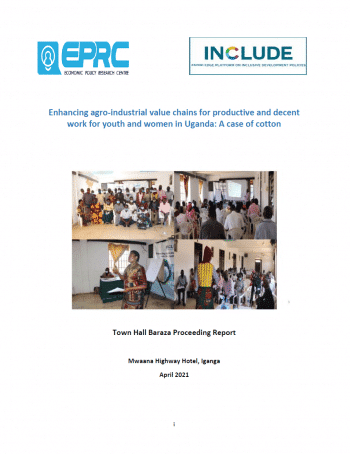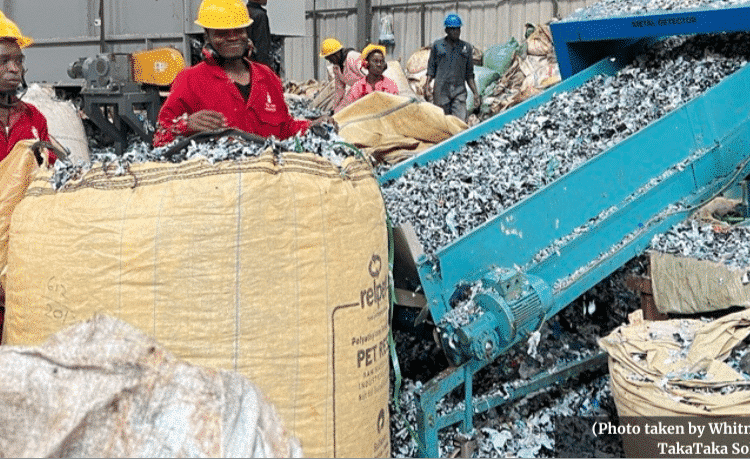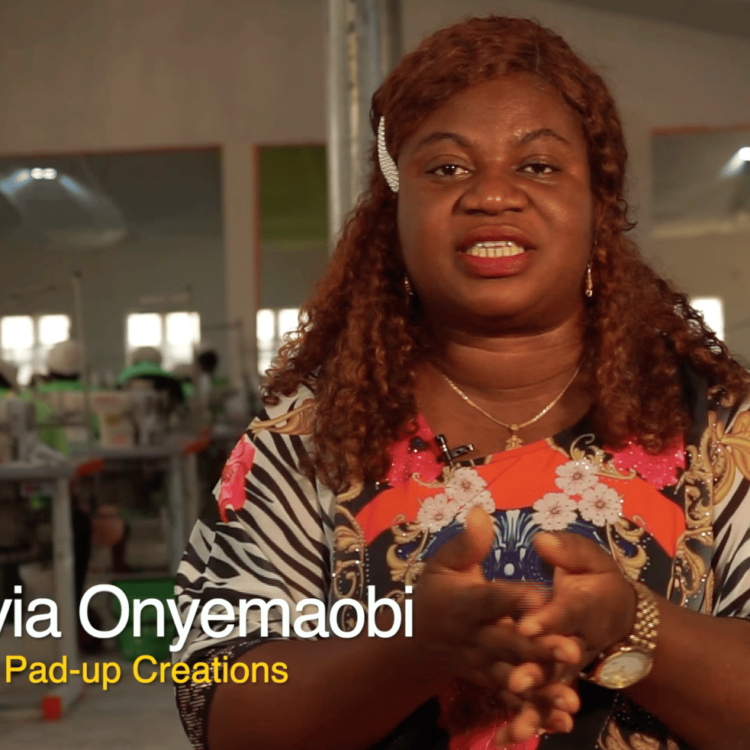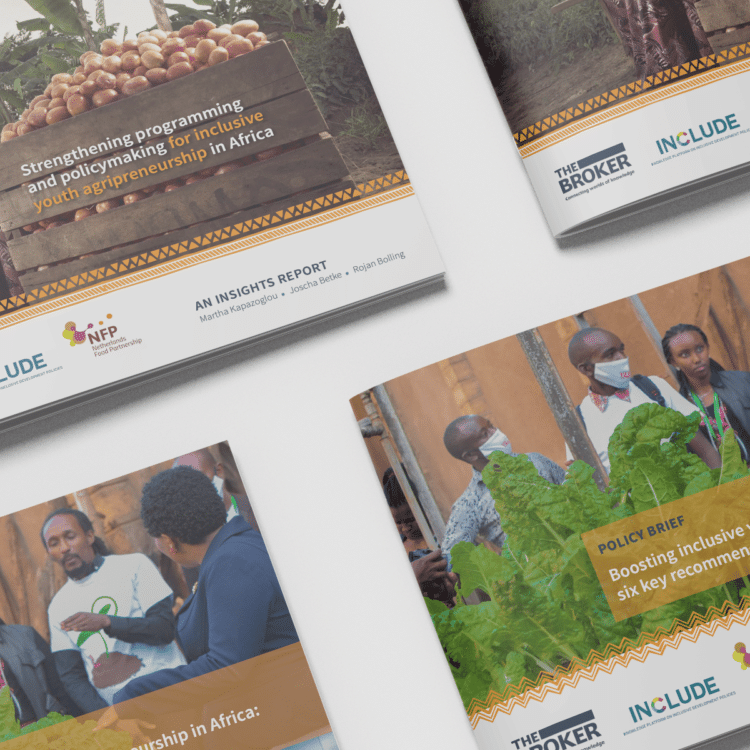
This Baraza proceeding report on cotton highlights key issues discussed during a Baraza held on Thursday, 25th March 2021 at Mwaana Highway Hotel, Iganga District. Cotton was among the nine (9) strategic commodities identified with tremendous potential for transformative for Agro-industrialization. Looking at the cotton value chain, enormous employment opportunities for youth and women exist. However, this requires government and private sector players to sustainably invest in the necessary high value chains for high production which result into decent work and pay for all stakeholders, in particular youth and women.
Therefore, Economic Policy Research Centre (EPRC) organised a half-day town hall Baraza with farmers, government and private sector actors in the cotton sector to discuss candidly by identifying actual and potential areas that if invested in not only create the much needed revenue for government but profits for private sector investors and higher incomes and employment for farmers, youth and women. The Baraza was part of the EPRC-African Policy Dialogues (APD) under the Inclusive Development (INCLUDE) Platform project on “Creating Productive and decent work for youth and women in Uganda through Agro Industrialisation”.




